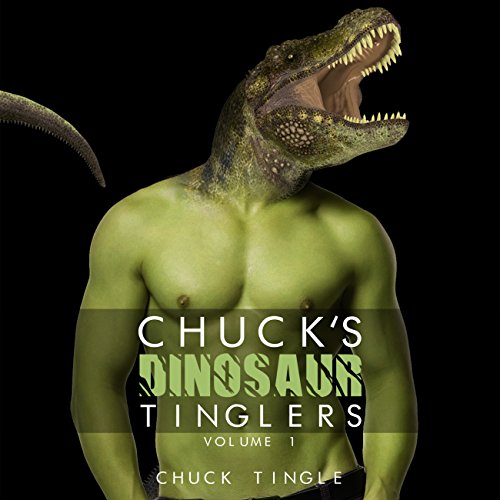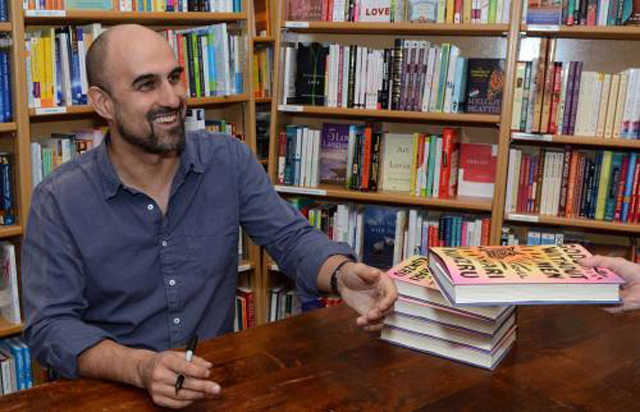One of the most common conversations I see on writing advice forums goes something like this: a confused amateur writer, usually in the drafting process of their first novel, asks if something “alright” or “okay.” Some examples, pulled straight from posts in r/writing:
And we all know what the answer is, don’t we? Even if you’ve never written anything longer than a grocery list and haven’t read a book since high school, you and I both know that the answer is an obvious “yes.” The standard answer looks something like this: “Yes, it can be done. Anything can be done in writing, it’s just a matter of if it is done well! It all comes down to execution!”

It All Comes Down to Execution
And you know what? Every single time someone has replied to a question like one of those with “it depends on execution,” they’ve been right.
Whatever the challenge is, there is a way to do it right. Let’s say someone – we will name him Jimmy – asks, “Is it alright to put anthropomorphic dinosaurs in my grounded historical romance about Napoleon Bonaparte?”

Absolutely, Jimmy. It is completely alright for your version of Napoleon to be tenderly caressed by the tiny arms of the noble t-rex on the fields of Waterloo… depending on execution.
Here’s the thing: it is absolutely allowed, and possible, to write a good version of this story.
But not for you…
(At least not yet.)
Heresy, I know! Dismissive words from a curmudgeon who thinks that experimentation is dead, you might (rudely) think.
At the very least, I’m being a bit discouraging to poor Jimmy. Because, after all, imagine being told that “yes, this thing you want to do is possible, but you, specifically, can’t do it.”
Especially in such a creative field as writing – one where brilliance could come from anyone, anywhere – it sounds like I’m calling Jimmy talentless, or at least incapable. And, you know what? I am.
Because Jimmy, our dear question asker, can’t bring his vision to full fruition. He isn’t capable of it. He is unready, and that’s all there is to it.
“How do you know?” you may ask. “How could you tell fledgling Jimmy that he isn’t good enough, what makes you so sure?”
It’s simple: Jimmy is asking if something is “alright” to do in literature, and that means that there is little chance he will be able to execute it well. I’ve read enough self-published debut-novels to know what it looks like when someone tries, having been undoubtedly given the advice that “it all comes down to execution.”
Anecdote aside, let’s explore why this is (I promise, there is a logic to it). Why “it all comes down to execution” might be a true statement, but is terrible advice.
The Truth Is Subjective
It comes down to interpretation. When our dear francophile Jimmy asked his question, he wasn’t actually asking if it’s alright for someone to write a history-driven dino-fondler. He knows it is. He knows that no one is going to come for him in the night because he wanted to write a story where a stegosaurus gets it on with Napoleon in his field tent at Borodino. No one will even care. Jimmy can sit down and write his Jurassic-infused tale of war, revolution, and love at any point. He knows this, and so does everyone else.
No, reader, Jimmy isn’t actually asking if someone could do what he is asking about.
He is asking if he can do it, and in truth he is asking for validation because he is unsure himself. And rightly so.
Asking about whether something is possible is more than posing a question, it is also revealing your ignorance on the subject. After all, you wouldn’t ask if you knew the answer (even if your phrasing is different than what you mean). And that’s alright; asking questions is good! It’s how we learn and grow. Even these “is it alright…?” questions serve this purpose.
It’s just that what Jimmy should learn is that he isn’t ready yet. And that’s okay.
By showing his ignorance, Jimmy has revealed that he hasn’t really researched the topic. He hasn’t read books with similar, ridiculous premises (various books by Chuck Tingle come to mind), or else he hasn’t read and researched enough.

The Dangers of Blind Encouragement
So, hopefully you understand why I said, earlier, that Jimmy is unprepared. He should not, yet, write his Pterodactyl x Napoleon magnum opus — at least not with the intent to (self) publish it. Him asking if it was “alright” was enough of a giveaway.
But, is that how the people he posed the question to will see it? Probably not. The overwhelming majority of these types of questions are answered, primarily, with the insidious advice that “it all comes down to execution.” Even if it’s couched in light criticism, that is what Jimmy hears.
We’re all writers here, we know what that translates to, for most writers. “You can do it, if you are good enough.” And what aspiring amateur writer doesn’t think they are good enough for their own ideas? We aren’t exactly a humble lot.
So, freshly encouraged, Jimmy takes to the concept. His vague question has received abstract encouragement, and that is enough for many. Others told him it could be done, so it will be done! Jimmy writes and writes away, internet-earned-validation burning in his mind. And, after hundreds of hours spend writing, hundreds of dollars spent on the cover, and hundreds of friends being marketed to, he publishes “The Battle of Boro-Dino: A Tragic Tale of Love.” A month later, Jimmy checks how his passion project is doing and…
Four people bought it. All in his family. There are somehow five reviews, all two stars or below (though his mother’s did say “but I give you 5/5 for effort!”. Thanks mom). The book has made no money, been read by next to nobody, and is disliked by those few who did. All his efforts, gone to waste.

Jimmy sees these dismal numbers, and asks himself where he went wrong?
And that, my friends, is why recommending writers to “just do it,” or telling them that “it’s all in the execution” is only useful for validation. Because it is terrible advice for a writer who is unprepared, and who would’ve been better served if they were told the truth: if you have to ask, you aren’t ready. Yet.
Of course, the phrasing does beg the question…
How Can You be Ready?
For those giving advice: rather than tell Jimmy what he already knows — that execution is what counts — lead him to learn what he needs to learn. Primarily, Jimmy needs to do three things before he is actually at a stage where he should be told “you’re ready.”
1. Read and Research
Writing, especially experimentally, requires research and knowledge. It requires you to delve into the topic, to read what has been written similarly, and to learn using that. Jimmy shouldn’t be asking the question to random redditors, he should be posing his question to librarians who can point him to examples that can reveal how his premise can be done. He should be reading every piece of absurdist historical fiction he can, and learning the answer to his question from those books.
2. Practice Writing
And when he is done reading, he should be practicing. Whether he does that by drafting, doing writing exercises, or anything else, he should be practicing making use, slowly proving to himself that he can learn to do what he wants to do (while improving his ability to do it). At the end of the day, writing is a practiced skill, and the only way to get better at it is to do it. Focused practice, with the knowledge gained from his research, will improve Jimmy’s ability to tell his story immensely. More than any validation he could possible receive from the internet, at least.
3. Asking for Specific Advice
After researching how others do it, and then practicing to do it himself, Jimmy might still hit a sticking point. Some specific difficulty in writing that he can’t easily get past. Now is when he can go back to r/writing (or any other writing community of his choice) in search of specific, actionable advice. He doesn’t need an answer to an abstract anymore, he needs to know how to put to practice all he’s learned. By asking “how could I execute this aspect of my story?” instead of “is this story allowed?”, Jimmy is going into the forums knowing exactly what he is looking for, with the knowledge base to weed out useful advice from that forum. Good questions generate good answers.
Conclusion

So, to summarize: if you ever find yourself in Jimmy’s shoes, about to ask if something is “alright,” “okay,” or “allowed,” instead you should stop, consider this article, delete the post. You aren’t going to gain anything from asking a vague question to service your own need for external validation.
Instead, you should find a book you can read that can provide examples of what you are looking for, do some writing exercises to develop the appropriate skills, or reword your reddit post to ask for more specific, actionable advice. And then, after you’ve done that, you will have the confidence and knowledge to begin writing a much better story than your initial post would’ve inspired.
And if you are the type of person who likes to give out writing advice: the next time you see a Jimmy, Give him examples of books that have a similar premise (like Chuck’s Dinosaur Tinglers, volumes 1 through 6, and 8 through 9. Skip book 7, it’s all filler), give him ideas for what kinds of writing exercises he could do (has he tried to discovery writing a scene between his Spinosaurus lead and 1984’s Big Brother? Could be eye-opening), and give him specific, actionable advice for how to get through specific obstacles in his story.
In short, give Jimmy the tools he needs to research, practice, and succeed, not just the confidence he needs to write. By giving him those former skills, a healthier confidence will come naturally, rather than the false confidence created by wrote internet encouragement.
And, while you’re at it, stop saying execution is everything. We know.



















